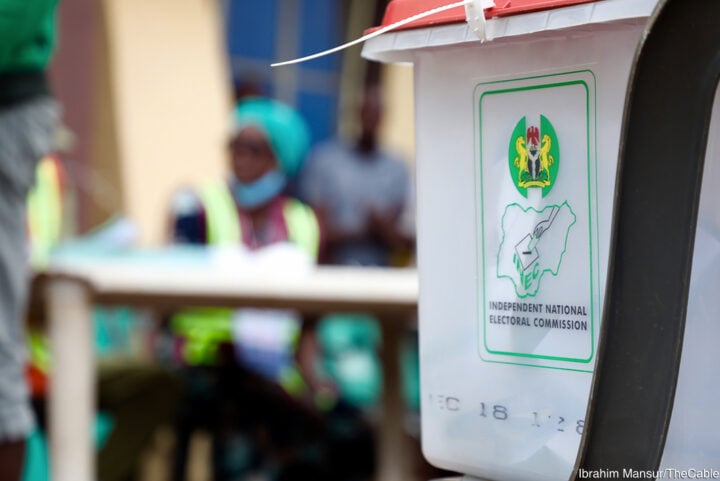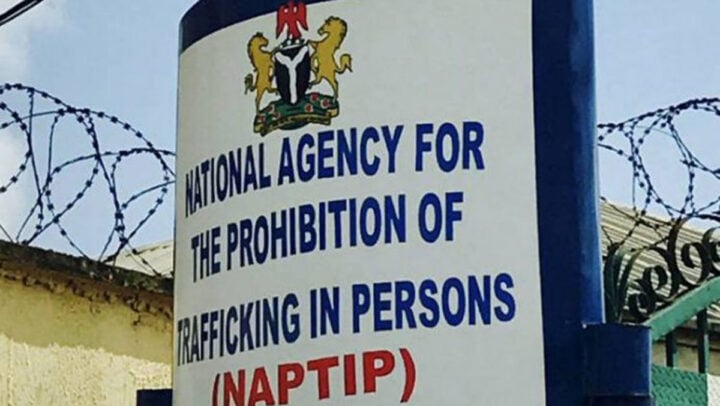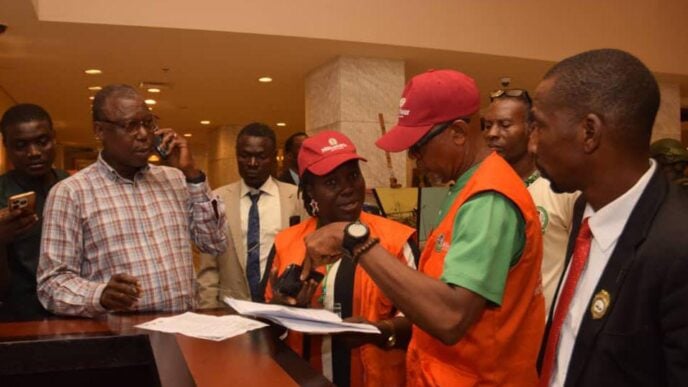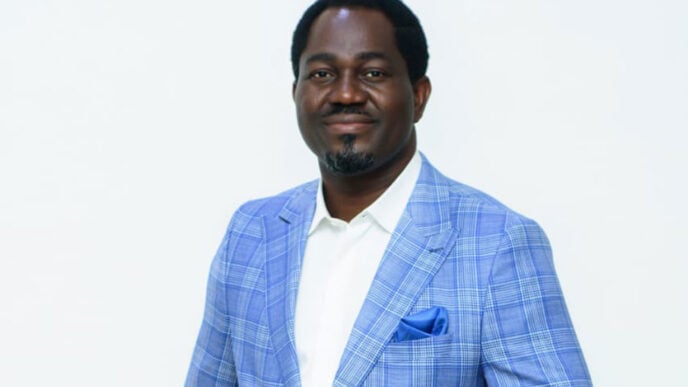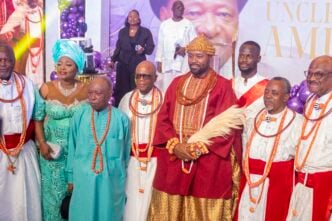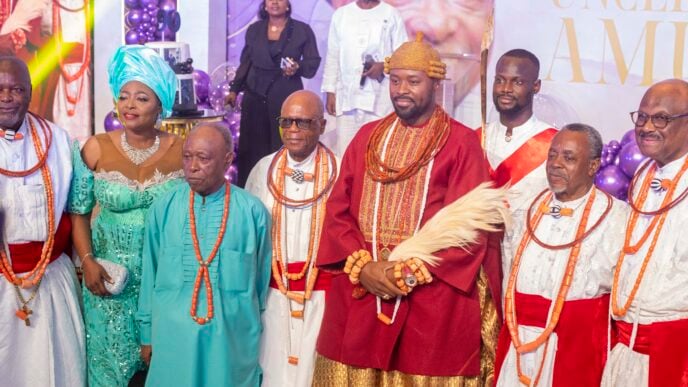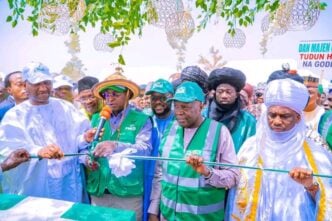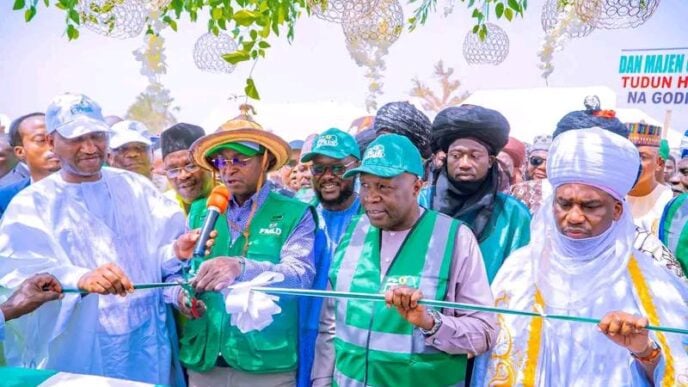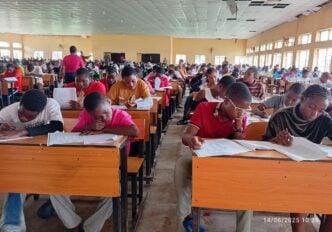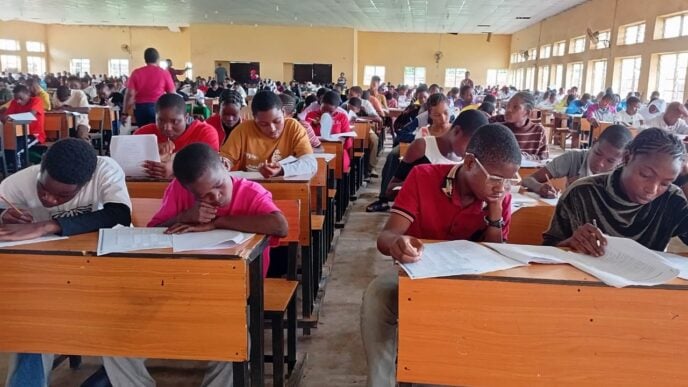Stakeholders have called for electoral reform to address voter apathy ahead of the 2025 general election.
The stakeholders made the demand on Friday at the public presentation of a research report titled, ‘Addressing Voter Apathy in Nigeria’, unveiled by the Friedrich-Ebert-Stiftung (FES) Nigeria.
The report explored the structural, systemic, and psychological factors fueling voter disengagement, particularly among young people and marginalised communities.
Speaking at the event, Lennart Oestergaard, Nigeria representative of FES, said democracy goes beyond having institutions and a constitution, noting that there should be active citizen participation.
Advertisement
He said simply conducting elections does not make a country democratic if the people do not believe their votes matter.
Oestergaard added that for democracy to thrive, citizens must see themselves as active participants and trust that their involvement, especially through voting, matters.
“A democracy will not function if the people inside it are not true democrats. We have seen in other parts of the world that just casting your vote doesn’t make the country a democracy,” he said.
Advertisement
On his part, Joseph Ochogwu, director-general of the Institute for Peace and Conflict Resolution (IPCR), warned that voter apathy could weaken the country’s democracy and social cohesion.
“Voter apathy is not just a political concern. It is a signal of weakening public trust, alienation, and disillusionment,” Ochogwu said.
Represented by Caleb Ayuba, head of the directorate of democracy and development studies at IPCR, said President Bola Tinubu is “safeguarding democratic values, strengthening institutions, and supporting constitutional order throughout the continent”.
Benedict Chukwuma, assistant clerk of the house of representatives committee on women affairs and social development, called for electoral reforms to promote transparency and inclusiveness.
Advertisement
“This conversation is very pertinent as we move towards the 2027 general elections. Voting is not just a right, it is a responsibility. It is an opportunity to express our opinion, influence decision-making, and shape the future of our beloved nation,” Chukwuma said.
“Many citizens feel disillusioned by the political landscape, believing that their votes do not matter or that the system is rigged. We must engage in meaningful dialogue, educate ourselves and others about the electoral process, and encourage active participation within our communities.”
Presenting the findings of the report, Freedom Onuoha, professor at the University of Nigeria, Nsukka, noted that voter apathy is driven by a mix of interrelated challenges, with trust at the core.
“Our study shows there are both structural and systemic issues, but the foremost is the growing distrust in the electoral system. People are beginning to feel that the electoral body is not conducting elections that enable their vote to count,” Onuoha said.
Advertisement
“We are increasingly seeing politicians mobilise violence on a large scale to win elections. This creates a lot of fear. People are not willing to risk their lives to vote. Even when people do risk it, the election outcomes often don’t reflect the voters’ will. That further erodes trust.”
As a way forward, the processor said the solution is to address the root causes of the problems.
Advertisement
“The current administration needs to raise the bar on security, not just during elections but continuously, because insecurity is the major disincentive for voters,” he said.
“If Nigeria wants to transition to electronic voting and result transmission, it must be done seamlessly and transparently. People need confidence that the technology is genuine and trustworthy.
Advertisement
“There are structural as well as systemic factors that are responsible for voter apathy, but the most important ones are the issue of growing distrust in the electoral system.”
He called on civil society organisations to sustain and upscale voter mobilisation, sensitisation, and civic education, noting that through these efforts, those losing confidence can begin to reclaim trust.
Advertisement
“People are beginning to feel that the electoral body is not conducting elections that enable their votes to count. The loss of faith in those electoral bodies and electoral process is the number one reason why we are having low voter turnout.”
Fatima Adamu, executive director, Nana Girls and Women Empowerment Initiative, added that violence during campaigns discourages women from voting during elections.
